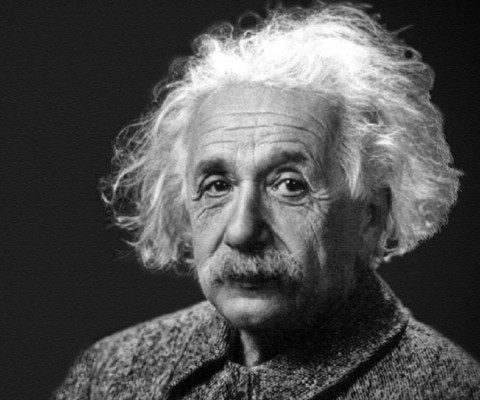How Do We Know Stuff?

Boris Johnson says he is “following the science” for the Covid-19 crisis. A bit vague perhaps but it reflects a widespread worship of science as the ultimate saviour of the human condition. Now, I much prefer the prime minister to be guided by scientists than celebrities or superstars, but science has limitations. The application of science is an entirely different issue and is often confused with science itself.
What would we think if someone said “I’m going to be her friend because I’m following the science”. Or even “we’re going to get married because we’re following the science”. The fact is, most decisions are not scientific at all; most of life’s choices are governed by intuition, feelings and instinct; or by fashion, popularity and the persuasions of others. Some things that are “true” now may not be “true” in fifty years.
“We have so many examples of things that mankind once “knew” were true but have since been proven false.
For example, in spite of one-time overwhelming consensus, the earth isn’t flat. The stars don’t revolve around the earth. . .
. . . The thing about truth is that it exists beyond belief. It is true even if nobody believes it.”
(Dieter F. Uchtdorf, Our Search for Truth, August 2020 New Era)
We need science. Empirical science swept away foolish beliefs and superstitions. It’s made possible a world of communication and convenience not even dreamed of by our ancestors. Yet many people don’t really understand what science is or its limitations. Discovering truth in our age of instant information is not so far removed from penetrating the myths and delusions of the mediaeval world.
“. . . in this age of information there are many who create doubt about anything and everything, at any time and every place.
You will find even those who still claim that they have evidence that the earth is flat, that the moon is a hologram, and that certain movie stars are really aliens from another planet. And it is always good to keep in mind that just because something is printed on paper, appears on the internet, is frequently repeated, or has a powerful group of followers doesn’t make it true.”
(Uchtdorf, Our Search for Truth)
So, how do we get to know stuff — the real, genuine “true” stuff? Well, science helps, but it’s only part of the story. Study, hard work and experience come in somewhere. But going to the source of all truth is fundamental. A last thought from Elder Uchtdorf:
“Our Heavenly Father knew how difficult it would be for us to sift through all the competing noise and discover truth during our mortality. He knew we would see only a portion of the truth, and He knew that Satan would try to deceive us. So He gave us the heavenly gift of the Holy Ghost to illuminate our minds, teach us, and testify to us of the truth.
The witness of truth from the Holy Ghost is available to all, everywhere, all around the globe. All who seek to know the truth, who study it out in their minds (see Doctrine and Covenants 9:8), and who “ask with a sincere heart, with real intent, having faith in Christ, [will know] the truth … by the power of the Holy Ghost” (Moroni 10:4).”
(Uchtdorf, Our Search for Truth)
To which I add, “including science”.
Recent Comments